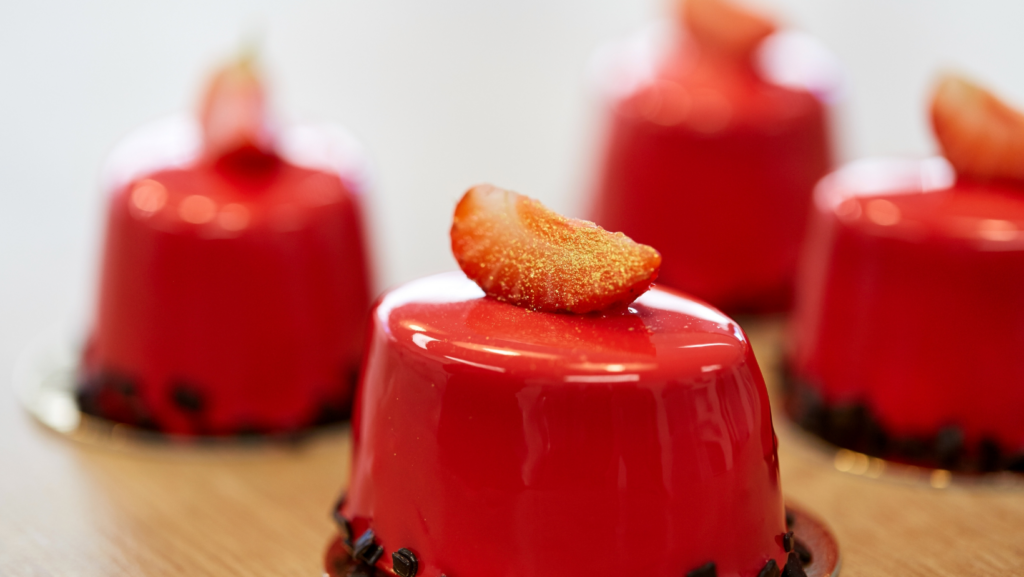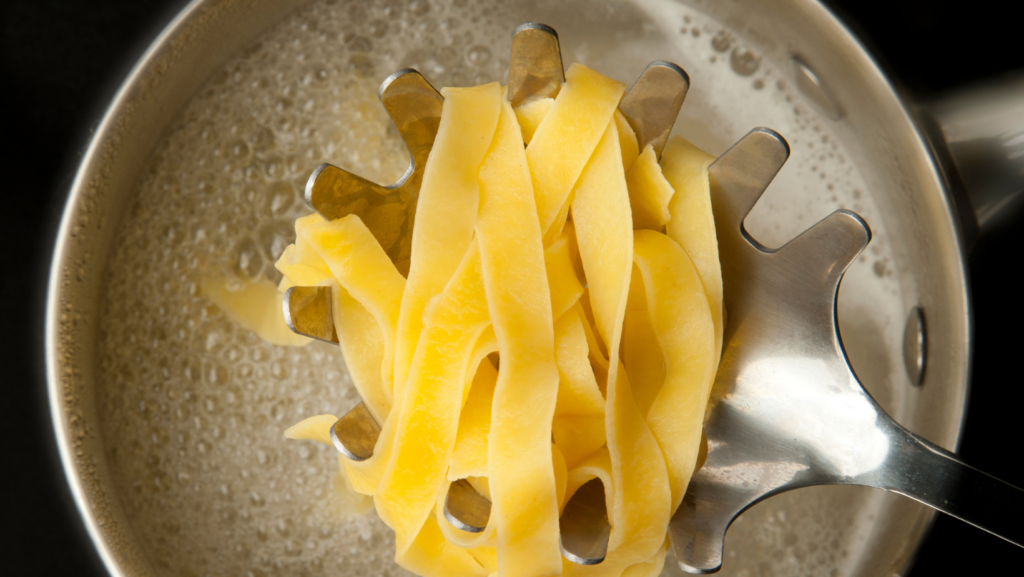In the bustling world of culinary arts, dice culinary definition mastering knife skills is a cornerstone of any chef’s training. Among these essential skills is the technique known as dicing. Dicing involves cutting food into uniform cubes, dice culinary definition which not only enhances the visual appeal of dishes but also ensures even cooking. Whether it’s vegetables for a savory stew or fruits for a refreshing salad, dicing is a fundamental skill that every aspiring chef must hone. This technique varies in size from brunoise to large dice, each tailored to specific types of dishes and cooking methods.
Dice Culinary Definition
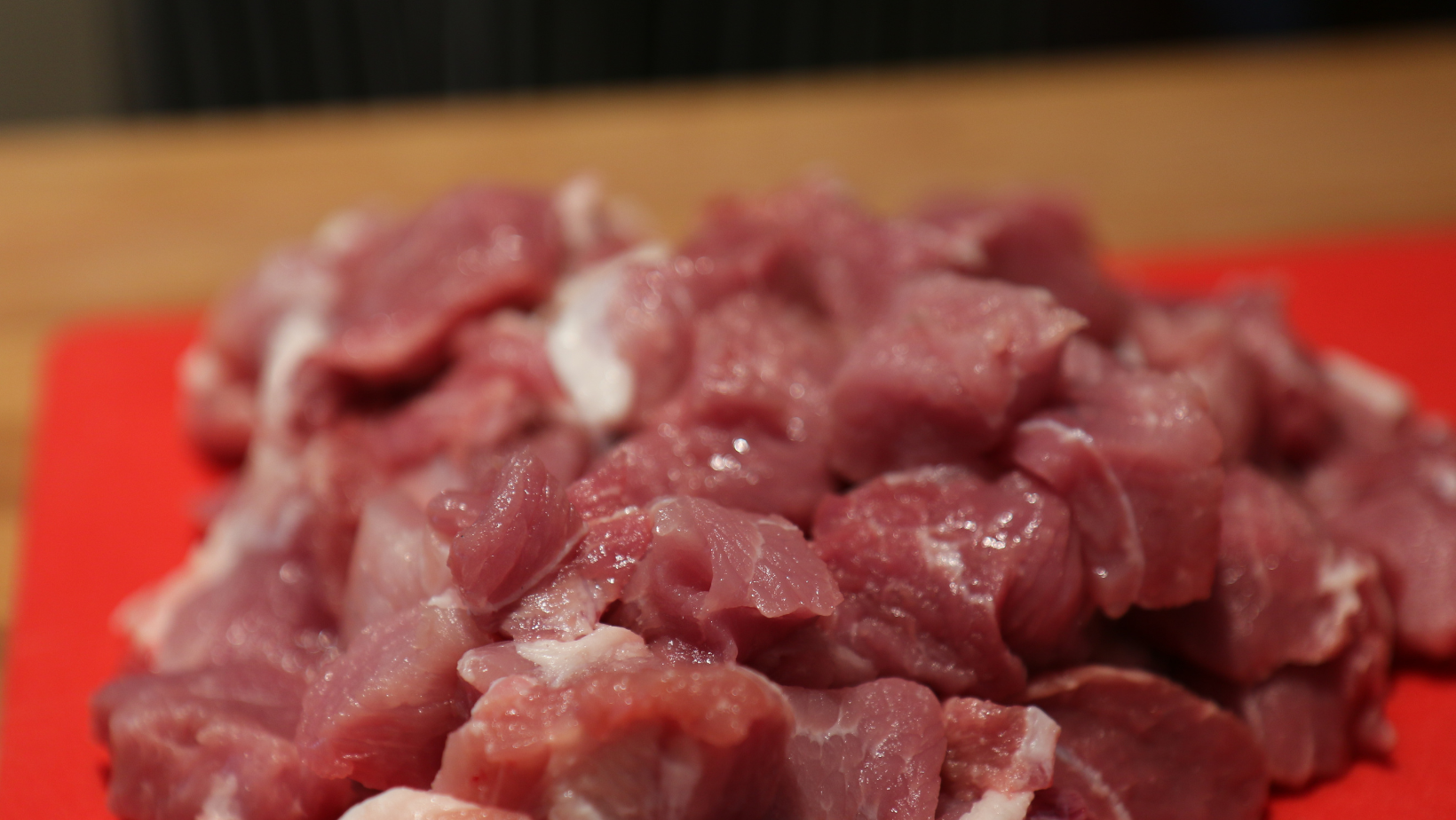 What Does It Mean to Dice in Cooking?
What Does It Mean to Dice in Cooking?
“Dicing” in cooking refers to the technique of cutting food into small, square pieces, usually measuring between 1/8 inch (brunoise) to 3/4 inch (large dice) on all sides. These uniform cubes not only enhance a dish’s visual appeal but also ensure that the food cooks evenly. Chefs often use this method across various cuisines to create a consistent texture and distribute flavors uniformly throughout a dish.
For example, onions, carrots, and potatoes are commonly diced in recipes for stews, soups, and salads where uniform cooking time and appearance are crucial. Employing this technique allows ingredients to merge their flavors more effectively and cook at the same rate, avoiding any undercooked or overcooked pieces.
How to Dice Vegetables Like a Pro
Selecting the Right Knife
Choosing the correct knife is crucial for efficient and safe dicing. For most vegetables, a chef’s knife, typically 8 to 10 inches in length, provides the control and sharpness needed. The blade’s length allows for a smooth chopping motion, while its weight helps in cutting through tough 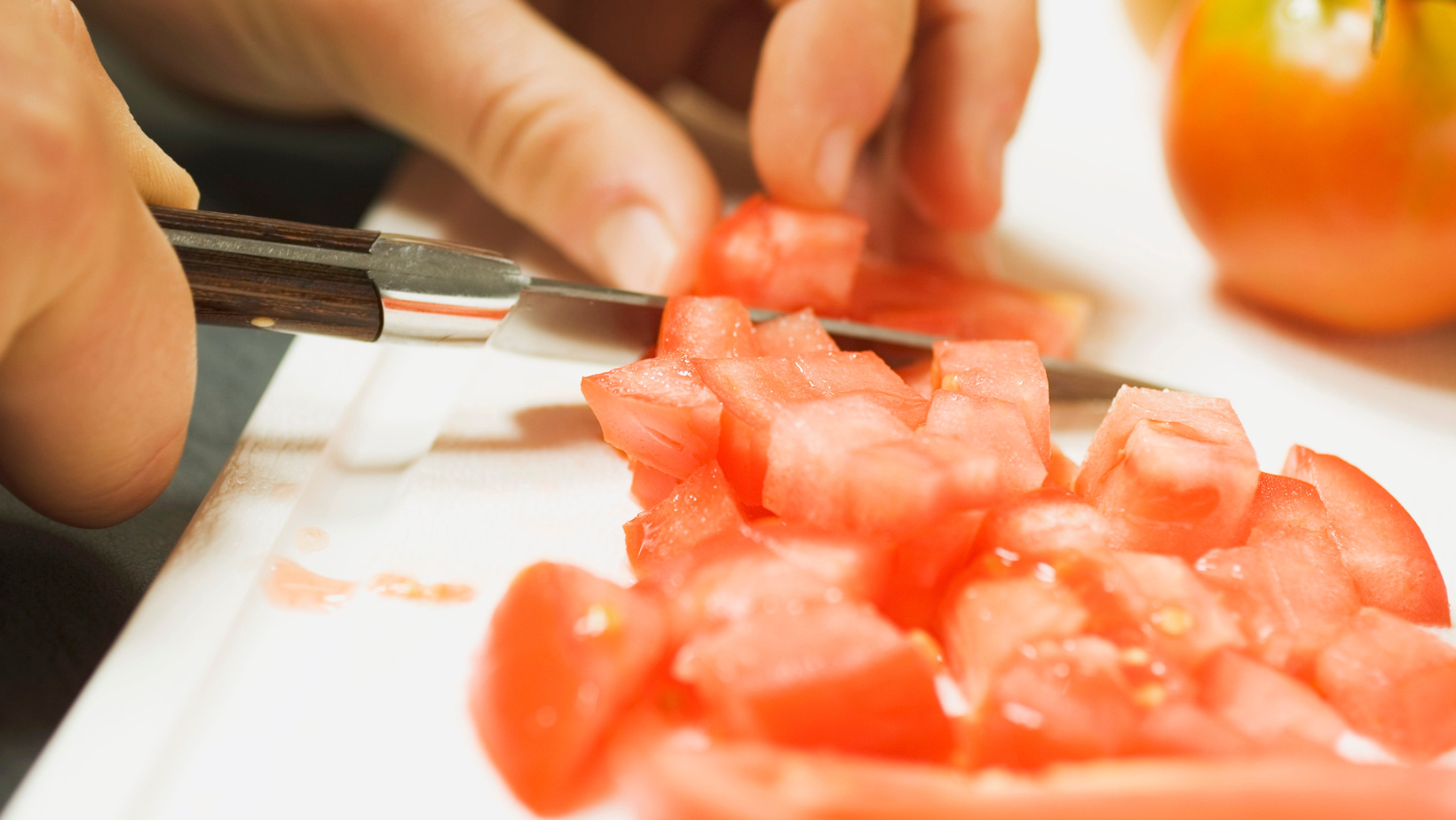 vegetables with ease.
vegetables with ease.
First, consider the blade material. High-carbon stainless steel offers durability and ease of sharpening. Next, evaluate the handle; it should feel comfortable and secure in your hand, preferably with a non-slip grip. Lastly, ensure the knife is well-balanced, meaning the weight is distributed evenly between the blade and the handle. A balanced knife reduces strain on the hand, increasing control during cutting.
Using a sharp knife not only improves precision but also reduces the risk of accidents since less force is required to cut through the vegetables. One should hone the knife regularly and sharpen it when necessary to maintain its effectiveness. Regular maintenance keeps the knife safe and efficient, turning dicing into a straightforward, enjoyable task.
The Importance of Dice Size in Recipes
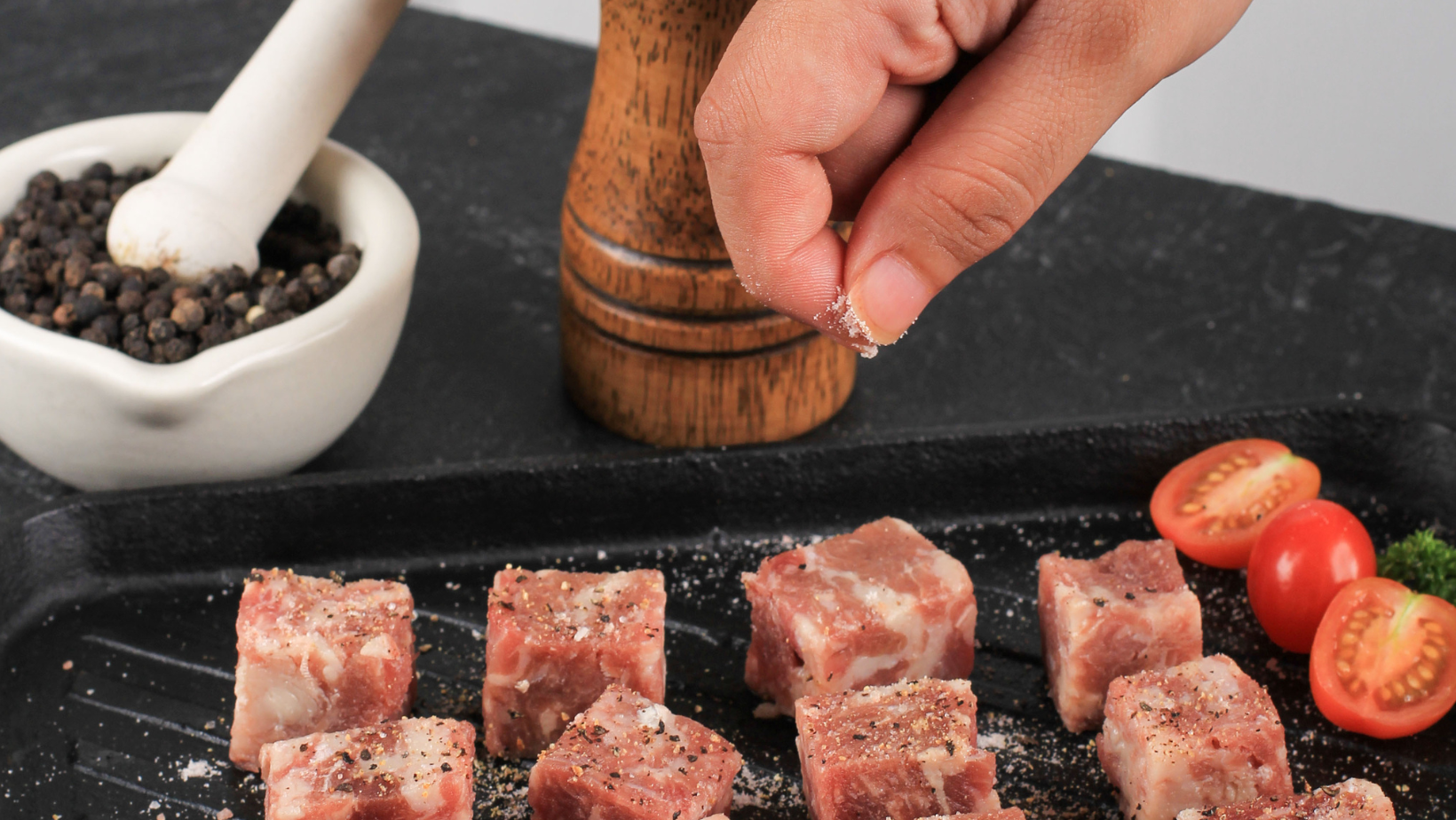 Selecting the right dice size profoundly impacts a recipe’s outcome, particularly in terms of flavor absorption, cooking time, and texture consistency. Smaller diced pieces, for instance, cook faster and blend flavors more readily, making them ideal for sauces and sautéed dishes. In contrast, larger cubes are perfect for dishes that benefit from slower cooking times, like roasts or stews. This selection process not only influences the cooking efficiency but also ensures that all ingredients cook uniformly, preventing any undercooked or overcooked spots. Recipes involving vegetables, meats, and cheeses especially necessitate careful consideration of dice size to optimize the taste and presentation of the final dish. Recipes explicitly call for certain dice sizes, such as a brunoise (1/8 inch cubes) or a macedoine (1/2 inch cubes), dictating the appropriate dimensions to enhance both the aesthetic and the practical aspects of the dish.
Selecting the right dice size profoundly impacts a recipe’s outcome, particularly in terms of flavor absorption, cooking time, and texture consistency. Smaller diced pieces, for instance, cook faster and blend flavors more readily, making them ideal for sauces and sautéed dishes. In contrast, larger cubes are perfect for dishes that benefit from slower cooking times, like roasts or stews. This selection process not only influences the cooking efficiency but also ensures that all ingredients cook uniformly, preventing any undercooked or overcooked spots. Recipes involving vegetables, meats, and cheeses especially necessitate careful consideration of dice size to optimize the taste and presentation of the final dish. Recipes explicitly call for certain dice sizes, such as a brunoise (1/8 inch cubes) or a macedoine (1/2 inch cubes), dictating the appropriate dimensions to enhance both the aesthetic and the practical aspects of the dish.
Common Mistakes When Dicing
Mastering the art of dicing is crucial for any aspiring chef. However, it’s easy to overlook common pitfalls that can affect the outcome of your culinary creations. One frequent mistake is using a dull knife which not only jeopardizes safety but also compromises the integrity of the cut. Another is inconsistent knife movements leading to unevenly sized pieces that do not cook uniformly. By focusing on technique and the right tools chefs can ensure that every dish looks as good as it tastes and cooks as intended. Remembering these tips will help refine your culinary skills and elevate your kitchen endeavors.

